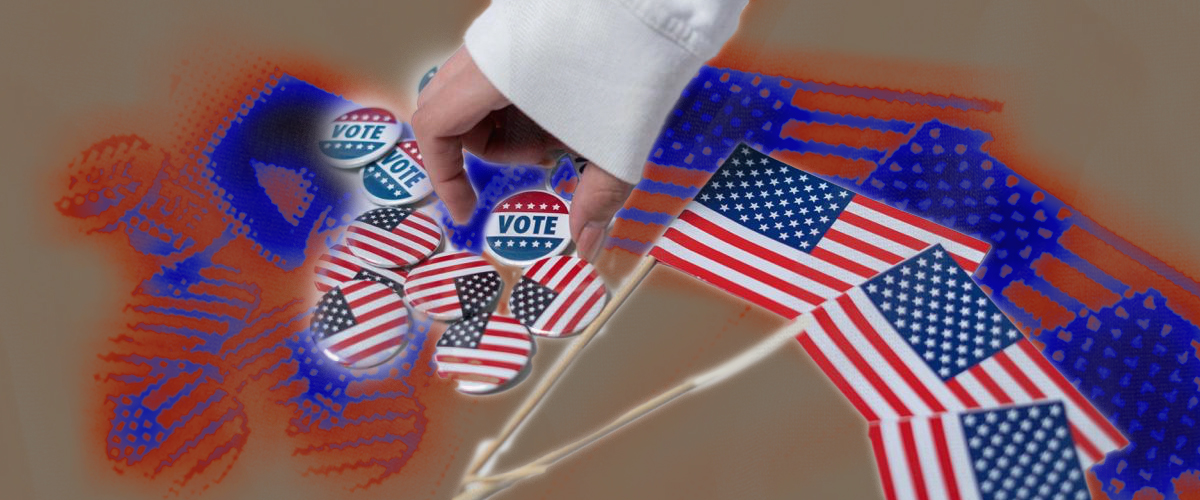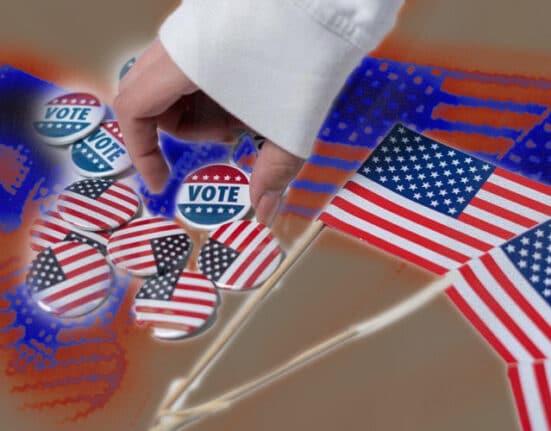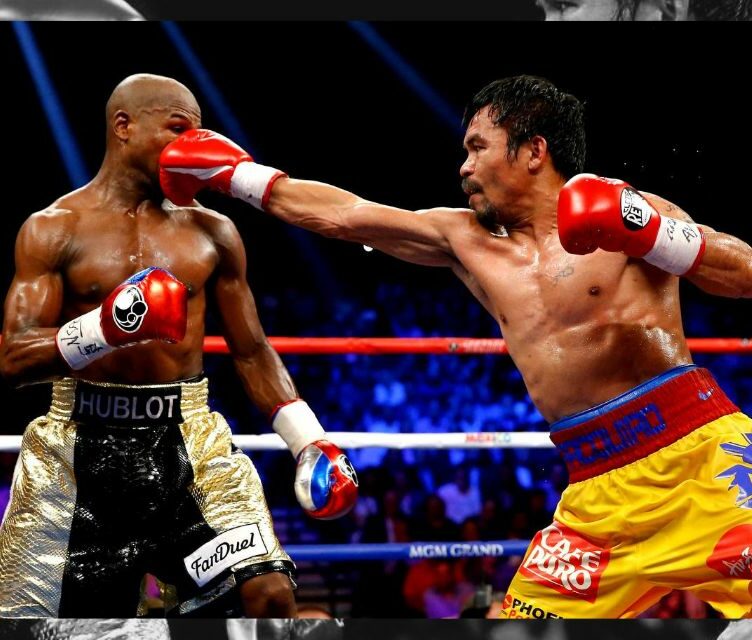MERRIAM-WEBSTER, America’s oldest dictionary, named “polarization” as its 2024 Word of the Year, a term related to the recently concluded presidential elections in the United States.
The dictionary defined “polarization” as “division into two sharply distinct opposites; especially, a state in which the opinions, beliefs, or interests of a group or society no longer range along a continuum but become concentrated at opposing extremes.”
According to Merriam-Webster, “polarization” was “widely used” across the media landscape, citing Fox News’ report about how “Vance’s debate answer on immigration crisis shows voter polarization” and MSNBC’s report on how “the 2024 presidential election has left our country more polarized than ever.”
“Search volume on Merriam-Webster.com throughout the year reflected the desire of Americans to better understand the complex state of affairs in our country and around the world,” the dictionary said on its website.
Additionally, “polarization” was used in other contexts such as when Forbes warned that “cultural polarization is becoming a pressing challenge” in workplaces.
Origin
The word “polarization” and the verb “polarize” were first used to describe light waves in the early 1800s.
“That physical meaning of polarize—’to cause to vibrate in a definite pattern’—led to the political and cultural meaning that helps define the world today,” explained Merriam-Webster.
The dictionary said the “polar” in “polarization” comes from the Latin “polaris,” a word used to describe the Earth’s pole. “Polaris” is also another term for the North Star, it added.
Apart from “polarization,” other words that became prominent in the dictionary’s lookup data for 2024 were “totality,” “demure,” “fortnight,” “pander,” “resonate,” “allision,” “weird,” “cognitive,” and “democracy.”
Merriam-Webster’s word of the year in 2023 was “authentic,” which could mean “not false or imitation.”
Trump wins
The 2024 U.S. elections saw Republican Donald Trump, who served as U.S. president from 2017 to 2021, defeating Vice President Kamala Harris in the presidential race.
The president-elect and his running-mate, Vice President-elect JD Vance, are set to take their respective oaths of office on January 20.
Meanwhile, Philippine President Ferdinand “Bongbong” Marcos Jr. congratulated Trump on his victory and hoped for “a more fruitful and dynamic partnership” between the Philippines and the U.S.
“We look forward to working with President Trump on a wide range of issues that will yield mutual benefits for two nations with deep ties, shared beliefs, a common vision, and a long history of working together,” Marcos said.
Also read:
- Facebook’s algorithm doesn’t alter people’s beliefs: research
- The importance of dissent, according to a Gen Z rights defender
- A dictionary about Pinoy slang and gay lingo is now available
- New Filipino and the Gen-Z slangs
- ‘AI’ named Collins Word of the Year
How useful was this post?
Click on a star to rate it!
Average rating 0 / 5. Vote count: 0
No votes so far! Be the first to rate this post.
We are sorry that this post was not useful for you!
Let us improve this post!
Tell us how we can improve this post?








